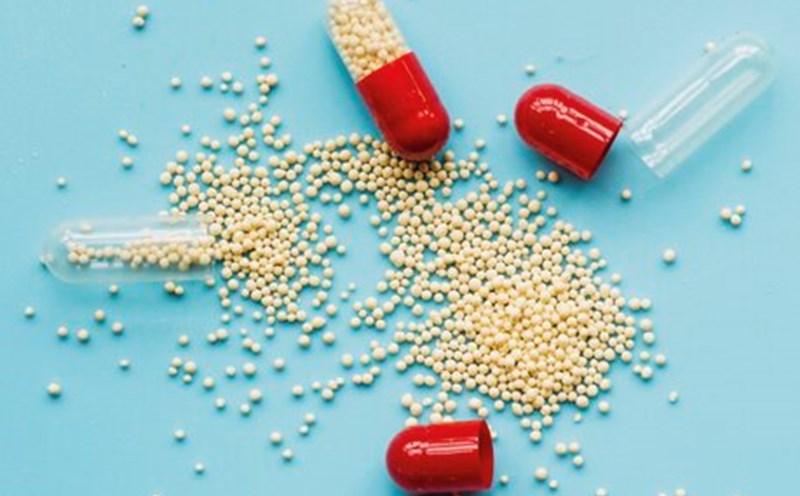Comparing fiber and nutritional value
psyllium husk and chia seeds are often mentioned as two popular sources of natural fiber supplements. Each type brings different benefits to the digestive system and health.
A teaspoon of psyllium husk contains about 3 grams of fiber and only 15 calories. This is almost a source of pure soluble fiber, when entering the intestines, it will absorb water and create gel, helping to soften stools, supporting regular bowel movements. Some studies have also shown that soluble fiber from psyllium can contribute to regulating cholesterol and blood sugar, although the effectiveness varies from person to person.
Meanwhile, a tablespoon of chia seeds provides 44 calories, 3g of fiber, along with 1.5g of protein and 3g of fat (mainly omega-3). The fiber in chia seeds is a combination of soluble and insoluble, creating a gel that helps soften and increase stool volume, thereby improving bowel movements. In addition, chia seeds also contain calcium, magnesium and protein, nutrients that are not found in psyllium husk.
Prosperity is a great choice if you want to supplement your fiber density, says Dr. Joanne Slavin, professor of Food Science and Nutrition at the University of Minnesota. But chia seeds provide a more comprehensive nutritional package, including protein and omega-3 fatty acids."
Which option is better for the digestive system?
Digestively, both have value but have slightly different effects. psyllium husk is often used to treat constipation, diarrhea or digestive disorders thanks to its strong water-absorbing properties and low fermentation in the intestines. This helps reduce the risk of bloating compared to some other types of fiber.
In contrast, chia seeds provide prebiotic benefits, which are to fuel beneficial bacteria in the gut. However, because they contain a lot of insoluble fiber, chia seeds can cause bloating if eaten dry or not drinking enough water.
Dr. Wendy Dahl, a nutritionist at the University of Florida (USA) commented: S chia seeds are suitable for people who want to both improve digestion and supplement nutrients. But for people with sensitive digestive systems, psyllium husk is more tolerated.
In addition, in terms of energy, psyllium husk provides almost no calories, while chia seeds are richer in energy. This may be an advantage for people who need nutritional supplements, but it is disadvantageous if they are following a strict weight loss diet.
No one is completely outstanding. psyllium husk is suitable for those who want to focus on improving intestinal motility, supporting low-calorie blood sugar and cholesterol control. Meanwhile, chia seeds provide a diverse nutritional package, which is both good for the digestive system and supplements protein, minerals and omega-3.
The choice depends on the goal: if you need thick fiber for digestion, choose psyllium husk; if you want comprehensive nutritional benefits, chia seeds are the more reasonable solution.











